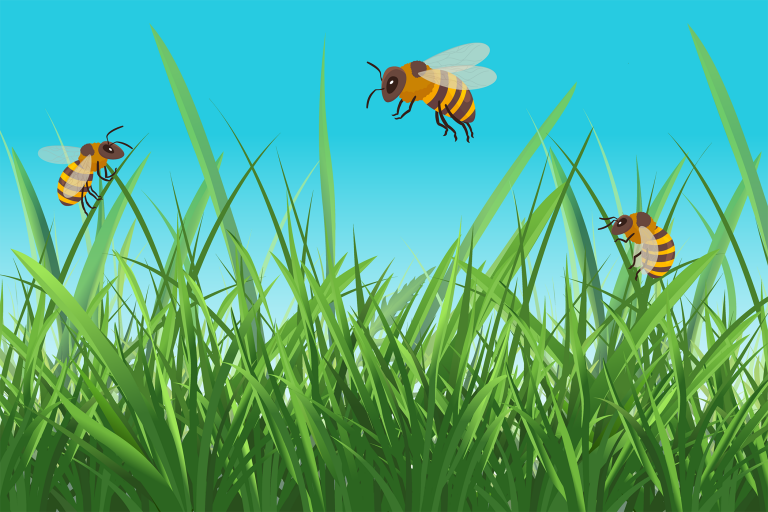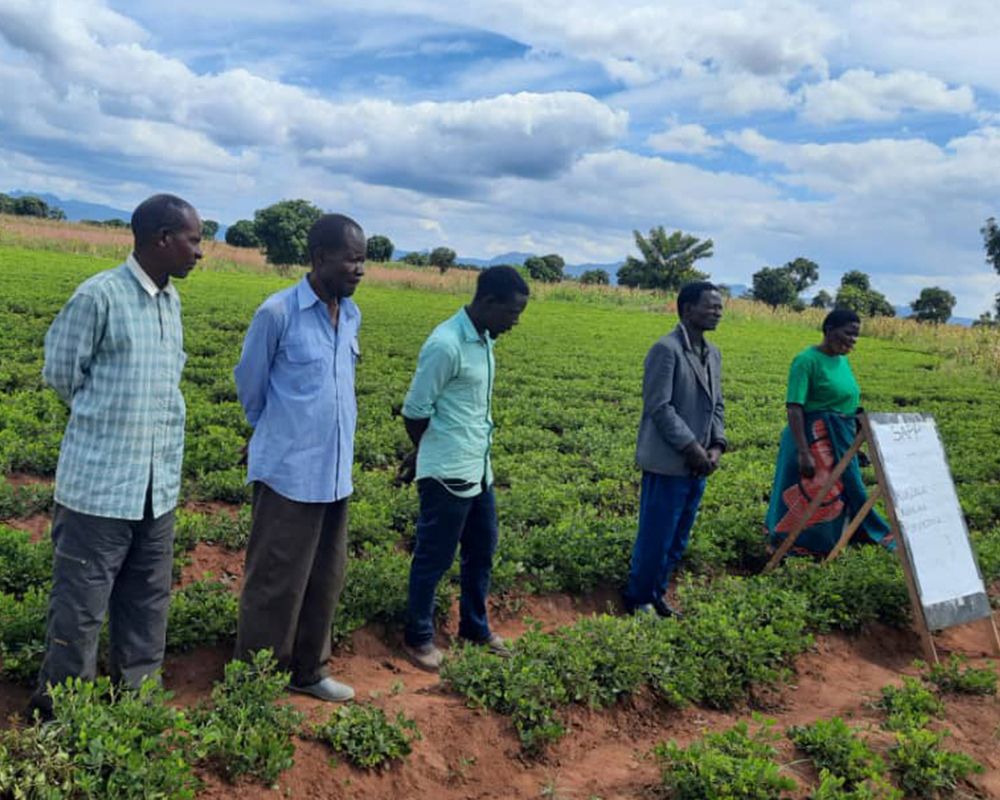 CAES News
CAES News
Technology and Culture
For decades, farmers in Kenya and Malawi have suffered declining agricultural productivity due to climate change and unsuccessful adoption of advanced agricultural technology. However, new research from the University of Georgia indicates that improving government policy while integrating indigenous methods with new technology will increase the productivity of struggling farms.

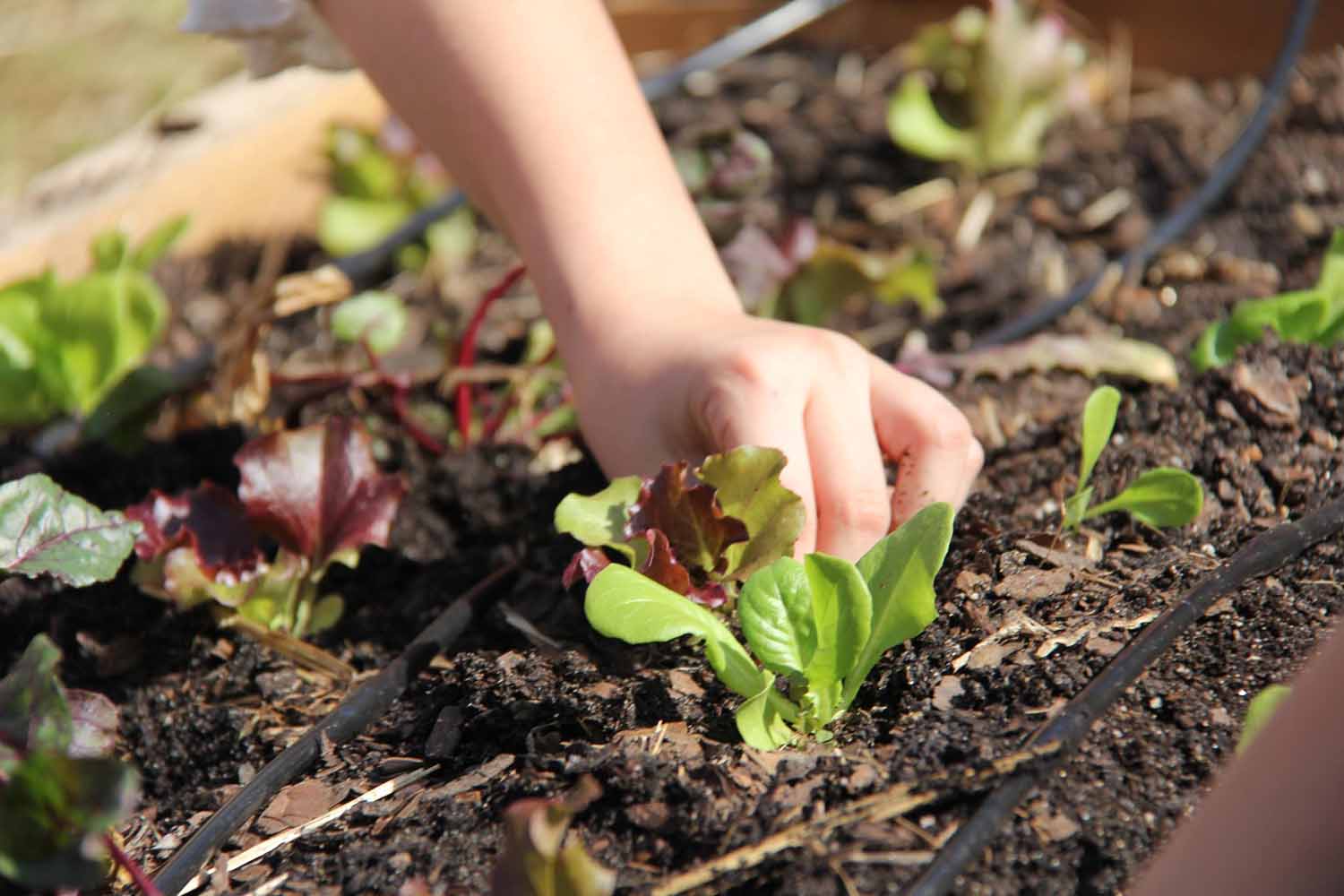
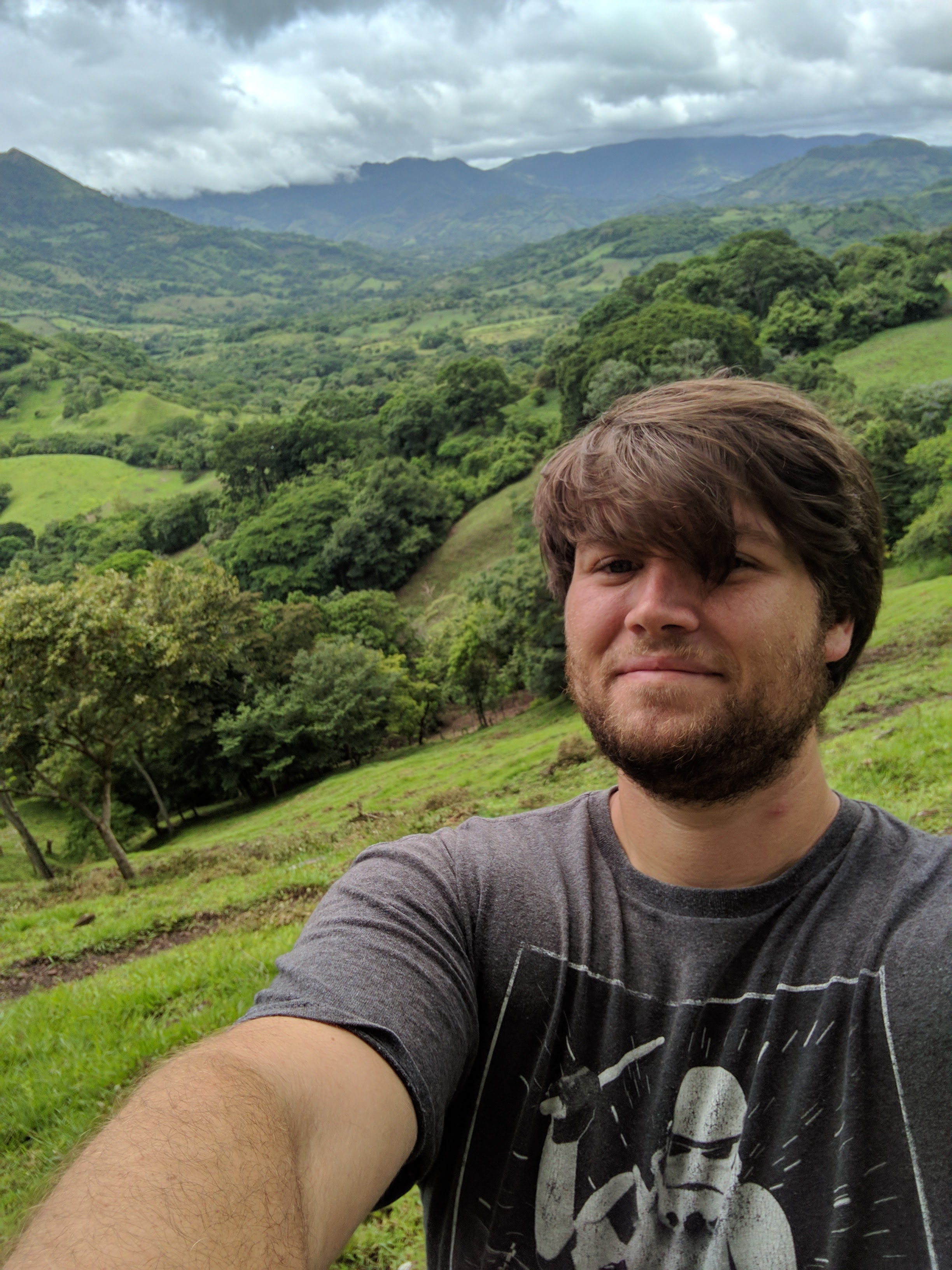
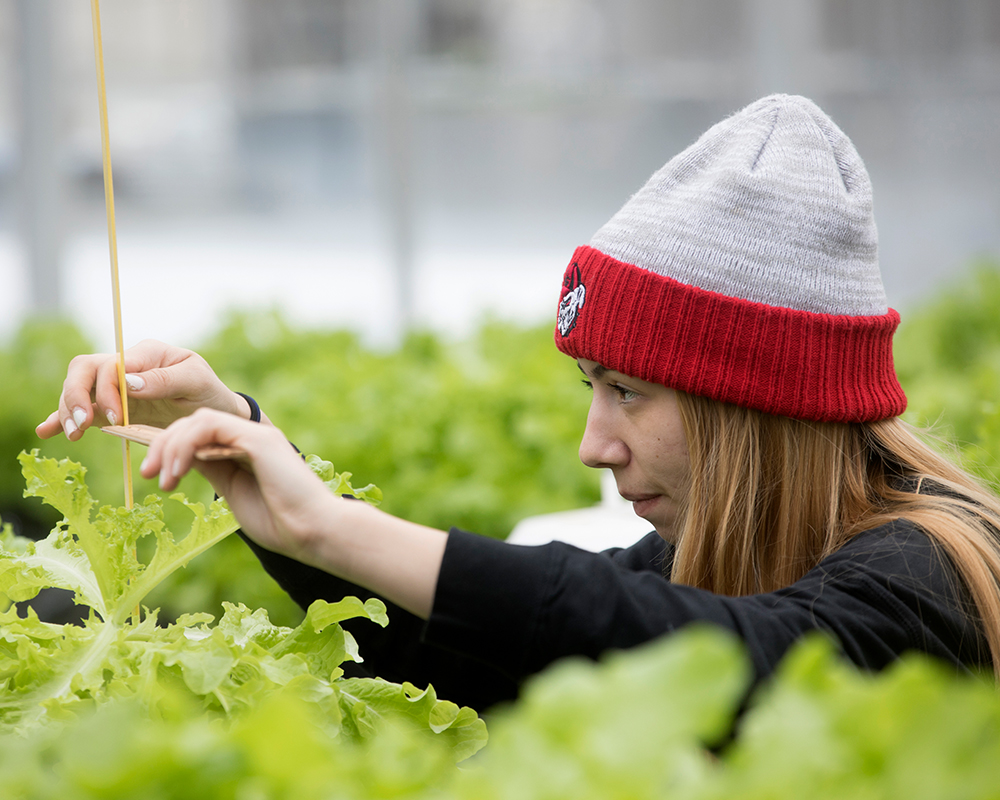
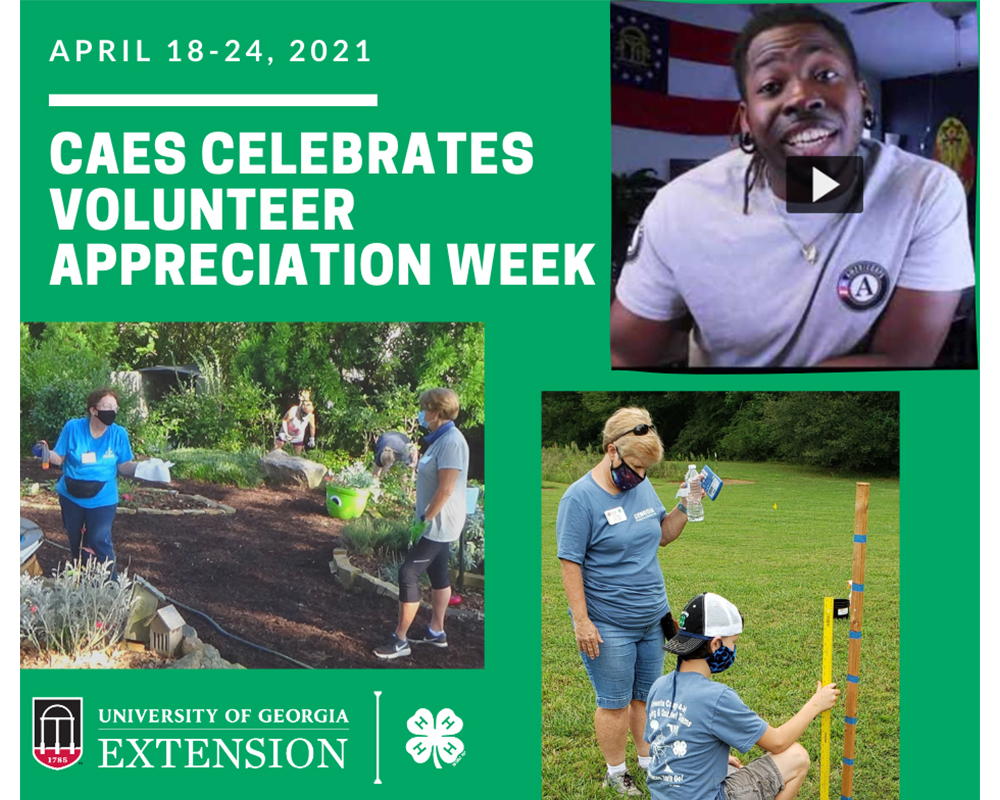
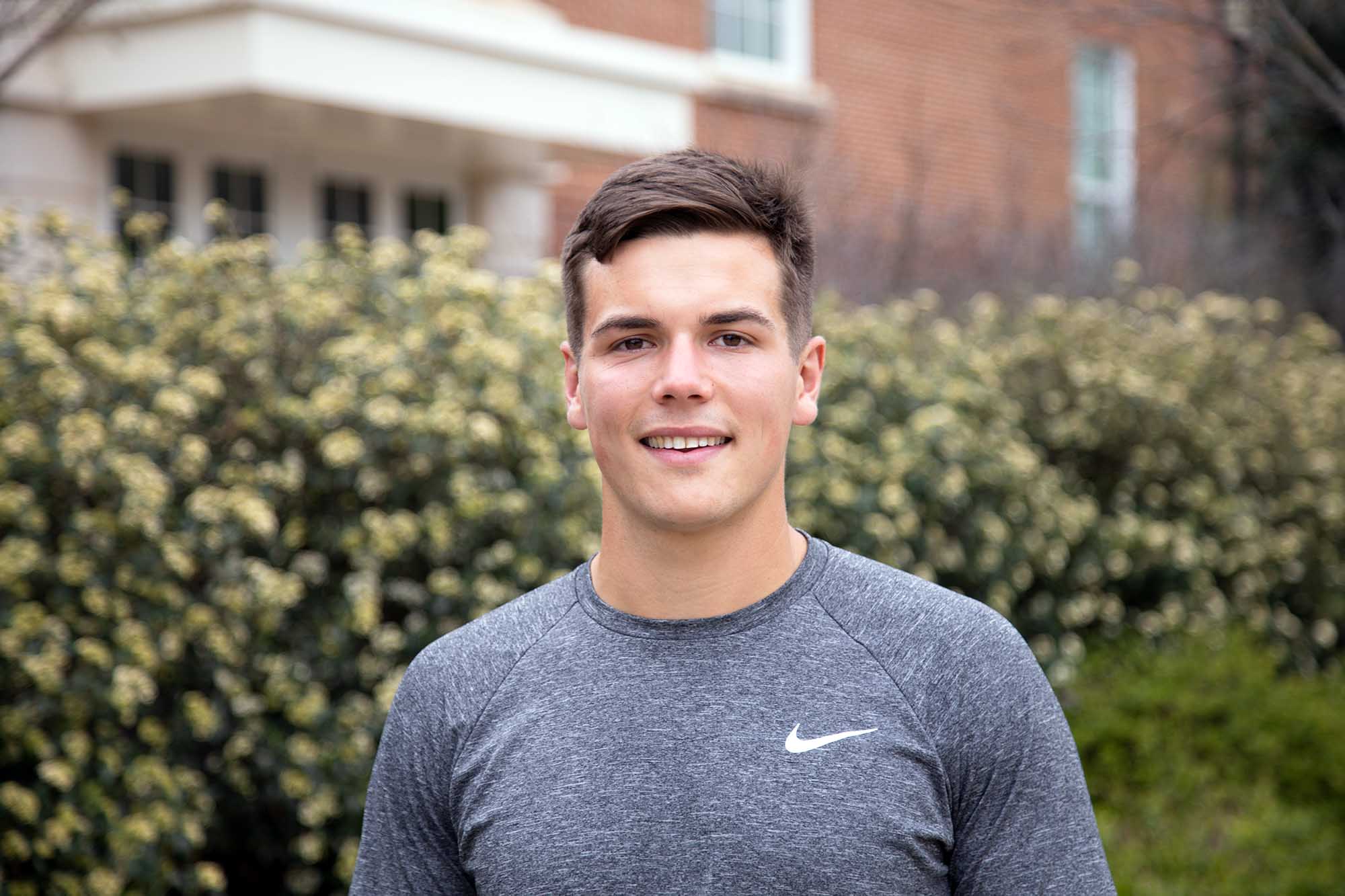
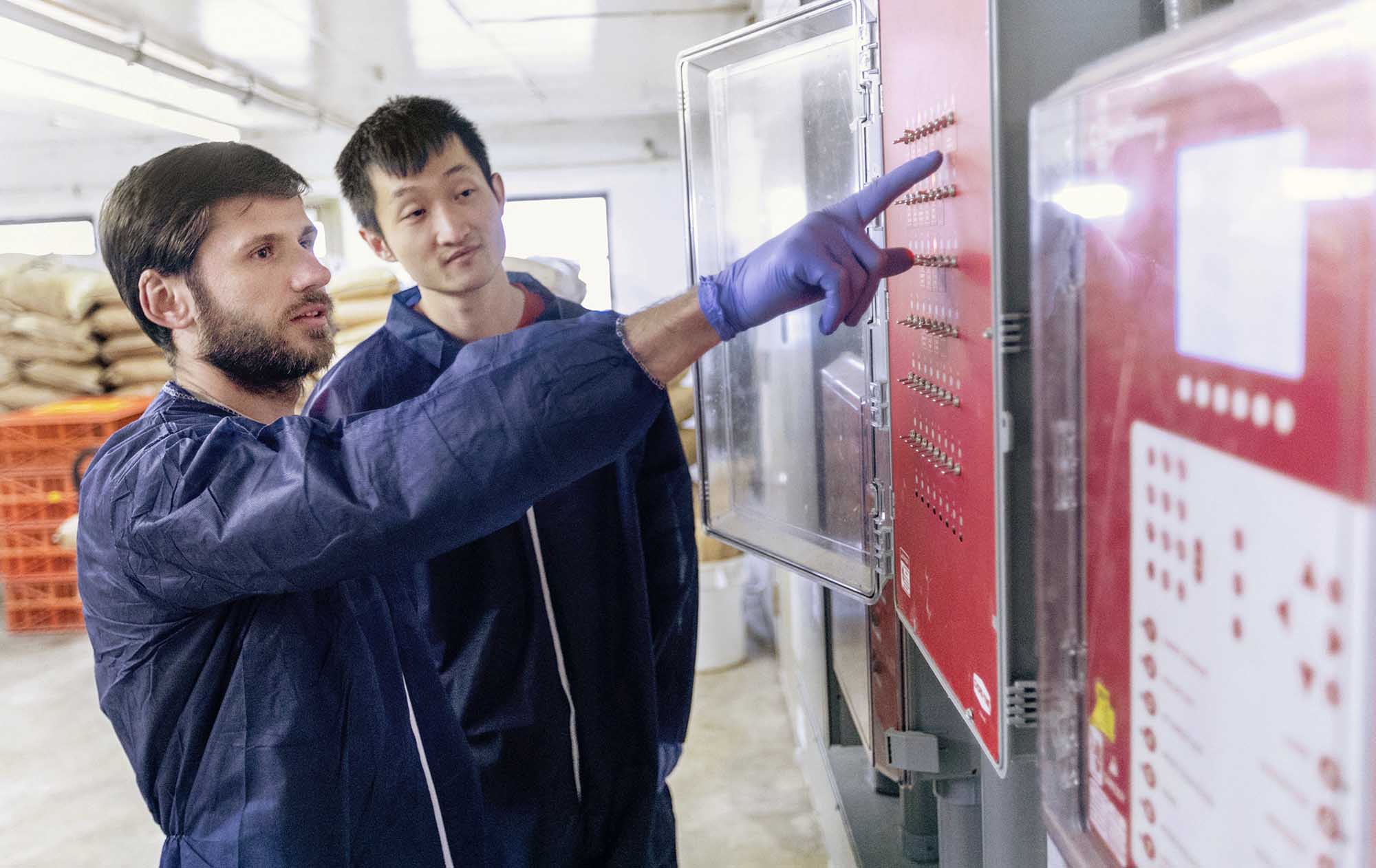
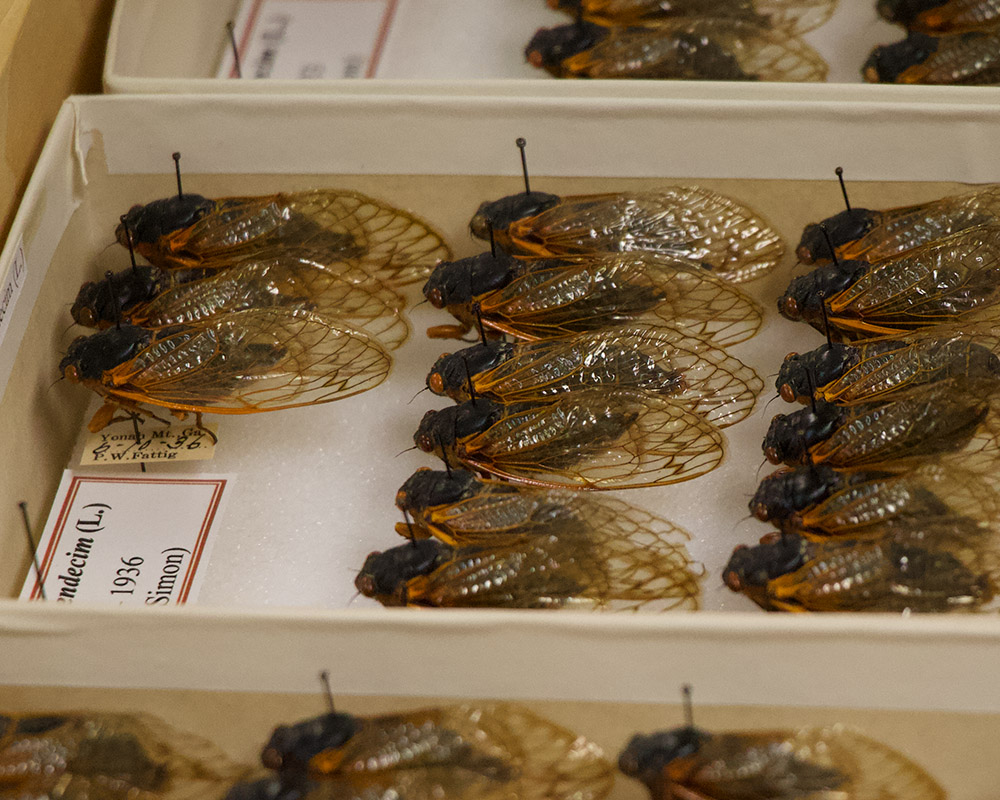
.jpg)
